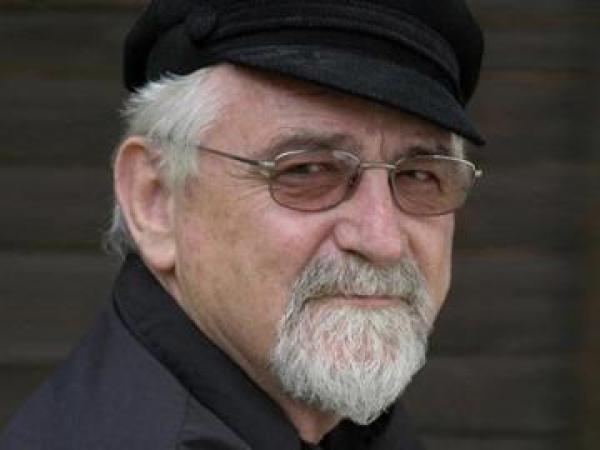The need for real media transformation

Transformation of the media in South Africa is essential. But we should be very clear about what we mean by such transformation.
Are we unhappy with the media because we consider that it promotes particular political, cultural or religious agendas? Are we concerned that only certain sections of society are represented in media reports? Or are we concerned about an apparent bias in reporting — both in the selection of “newsworthy items” and the manner in which they are published?
It is essential that these questions be answered before any serious debate about media transformation can take place. Because media transformation is not merely a matter of ownership, but of control of subject matter and the manner in which it is reported. This, obviously, has a bearing on ownership, because those who own often try — and all too often succeed — in manipulating media output. However, even when owners do not exercise direct editorial control or influence, they can indirectly do so, by maintaining pressure on editors to maintain and grow profits.
What this means is that commercial entities, parastatals and even governments, can exert pressure on editors by, for example, threatening to withdraw advertising if certain topics are reported on or if certain revelations become public. This is a common tactic and should be resisted by any editor. However, when there is pressure from media owners to meet advertising income goals, resistance can become weakened.
The experience of editors in the Independent Newspapers chain in South Africa provides a classic example of non-interference at an ownership level that resulted in a severe decline in journalistic standards. Baked beans king, Tony — now Sir Anthony — O’Reilly had, by 1994, paid about R750 million to bring the Argus company newspaper titles into his Independent stable. And he seems never to have interfered editorially, merely giving editors the order to increase profits.
Unlike O’Reilly’s Irish and British publications, the South African group was very profitable. So, to cover his losses in England and Ireland and to pay dividends to his shareholders, O’Reilly effectively pillaged the South African operations. His insistence on increased profits not only meant that he did not invest in new plant and machinery, it also meant that fewer and fewer journalists were available to investigate and report as vacant posts were not filled.
Cost-cutting also meant that younger, less experienced, journalists were “thrown in at the deep end” without sufficient mentoring or much assistance. Under pressure to produce as much material as possible, they easily fell — and continue to fall — prey to the blandishments of the burgeoning public relations industry that provides readymade “handouts” stressing one aspect of a “story”. Because this is the often the only readily accessible version, an unbalanced report is the result.
The complaints by trade unions and others about bias in the media most often stem from this simple fact. And it is the powerful and wealthy who possess the resources to hire such professional “spin doctors” whose job it is to ensure bias. That this continues to happen is bad journalism, but it also mirrors reality.
What this should illustrate is that the desired transformation of the media should result in a situation where the views, standpoints and position of the majority in any society are reflected, rather than the views and agendas of various pressure groups. This is the job of proper journalism.
It should also be clear that this is about more than ownership. The situation extends to the financial viability of popular media and, above all, to the training and retention of a solid core of journalists committed to being, without fear or favour, the eyes and ears of the public.
Such journalists require adequate training, and this can be, for media owners, an expensive exercise. Yet it is an essential exercise and should be carried out within a clearly established practical and ethical framework.
Extensive, in-house courses for journalists, as with training for pre-school teachers, once existed in South Africa. For all their faults, they provided good templates for the sort of training now desperately required. But that is only if it is agreed that transformation has to do with training and professionalism and little, if anything, to do with the pigmentation of the practitioners, let alone the owners.

This article is licensed under a Creative Commons Attribution-NoDerivatives 4.0 International License.


